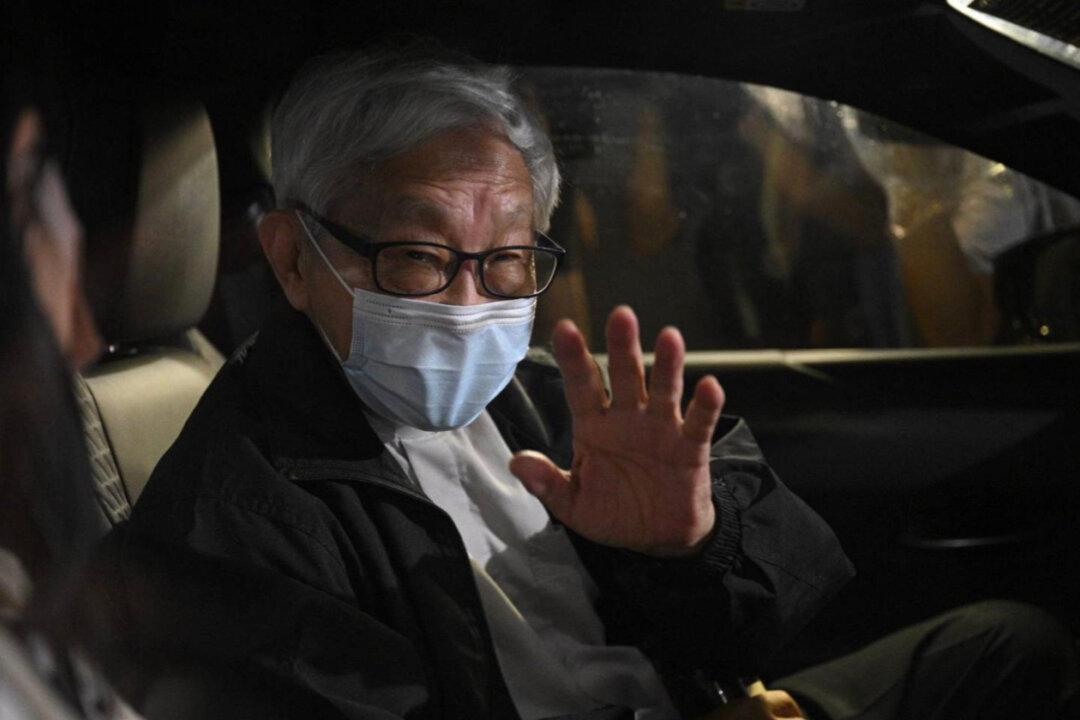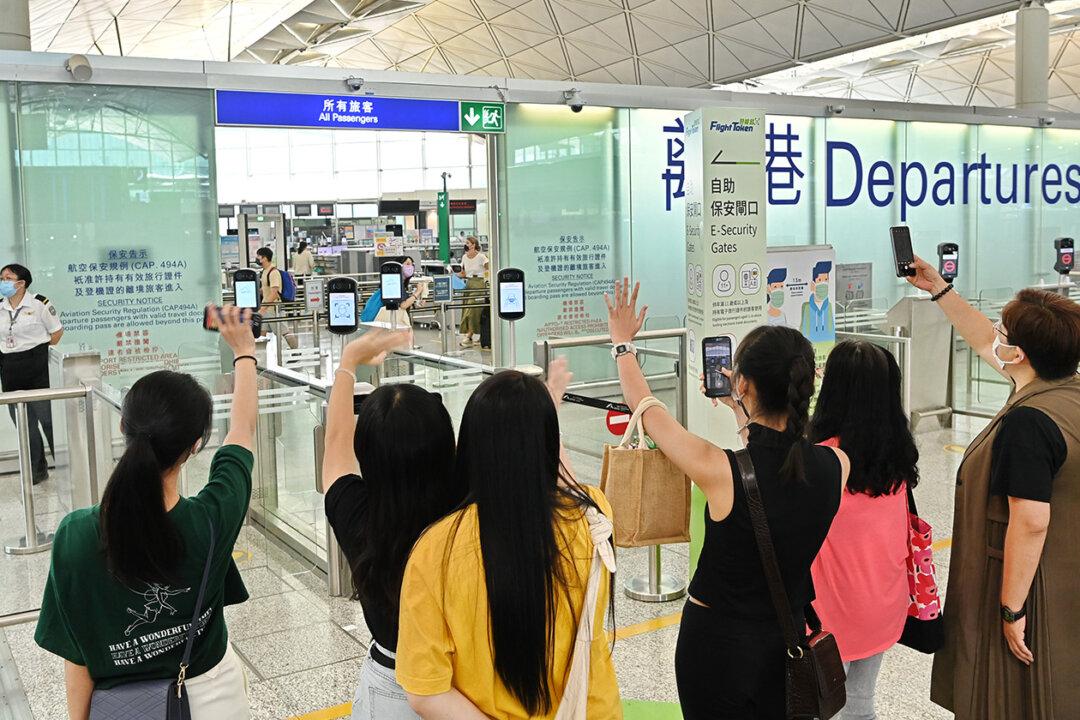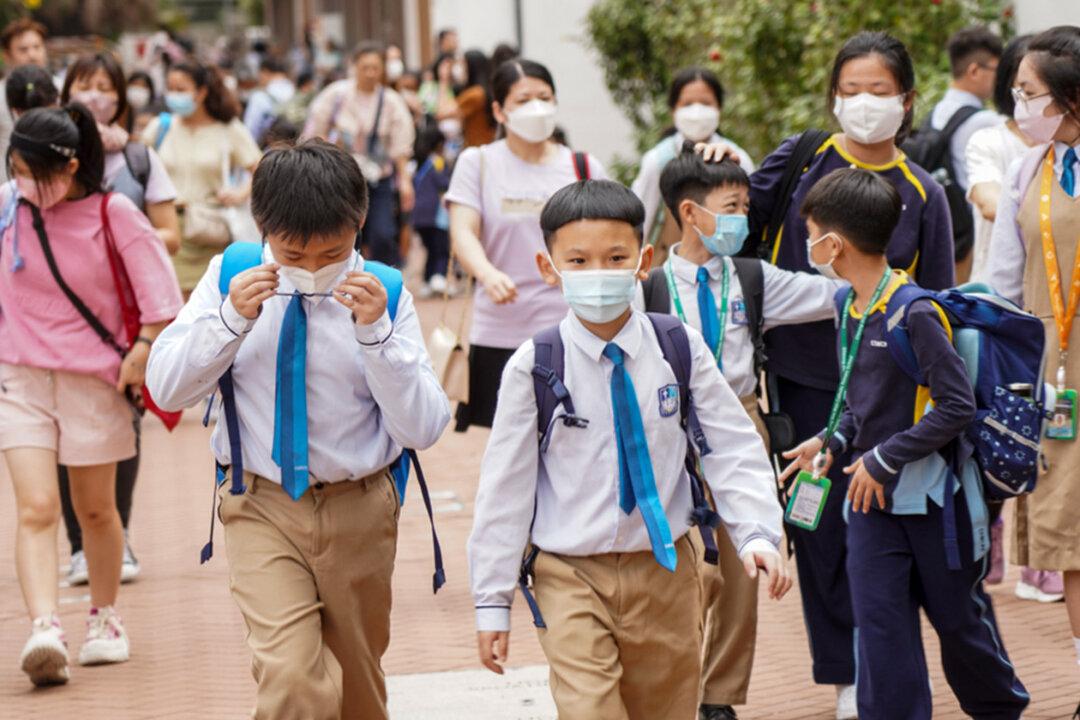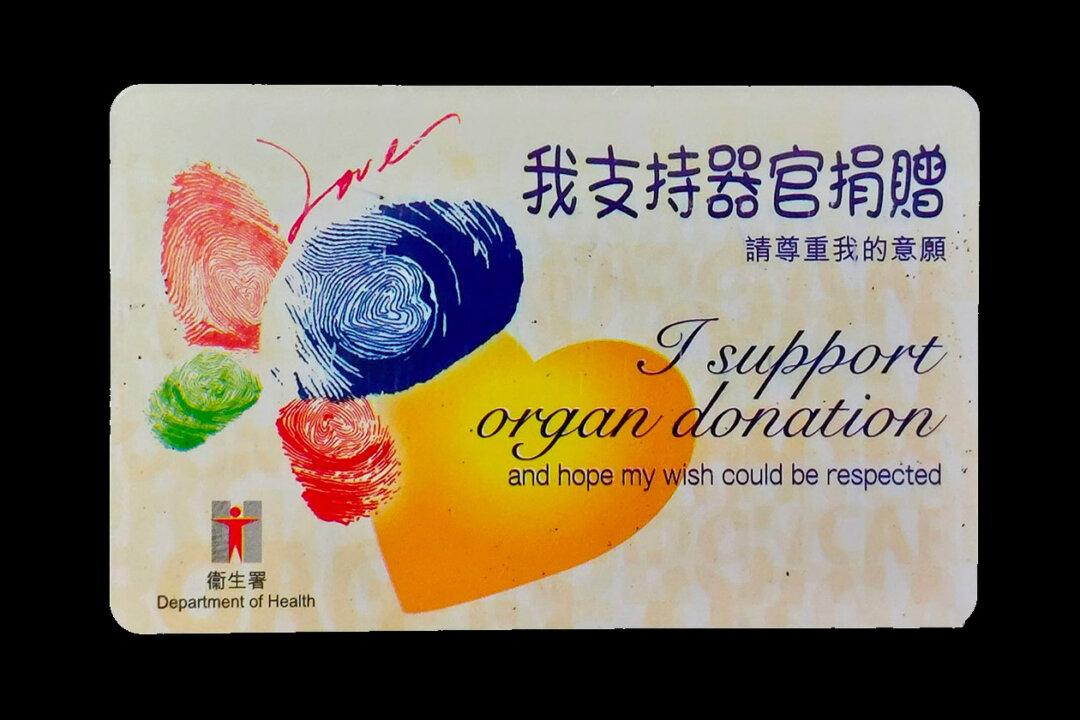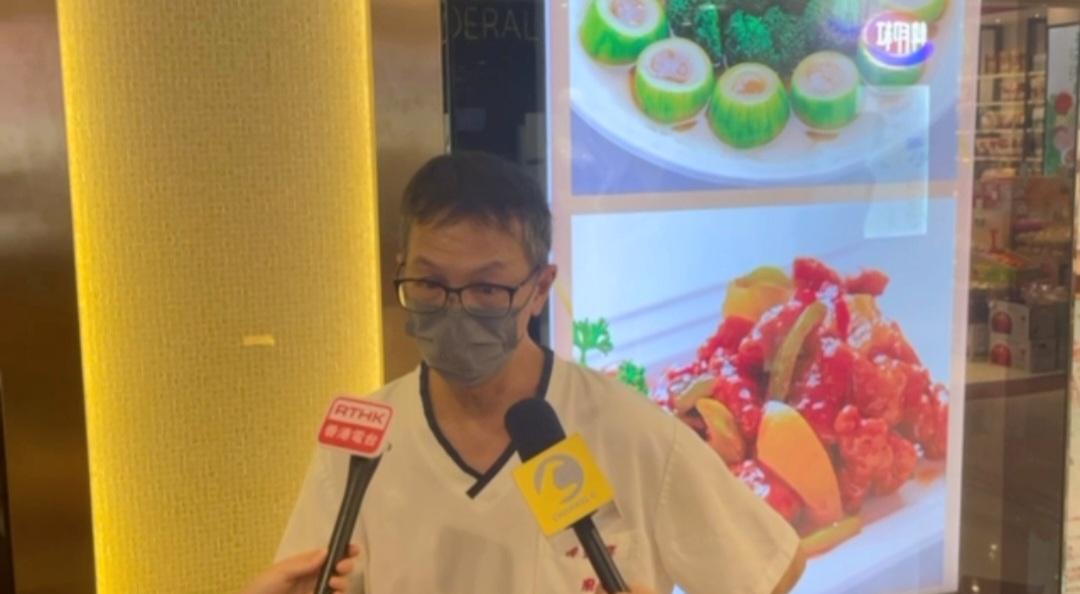In March, the Vatican-Hong Kong chaplain Monsignor Javier Herrera Corona delivered a stark message to warn local catholic churches, “You will experience the same restrictions as the churches in mainland China in the future. The freedom of religions we have enjoyed will be a page of the past.”
Mexico-born Monsignor Javier Herrera Corona ended his 6-year term in Hong Kong in March and left for Africa for his new post.
